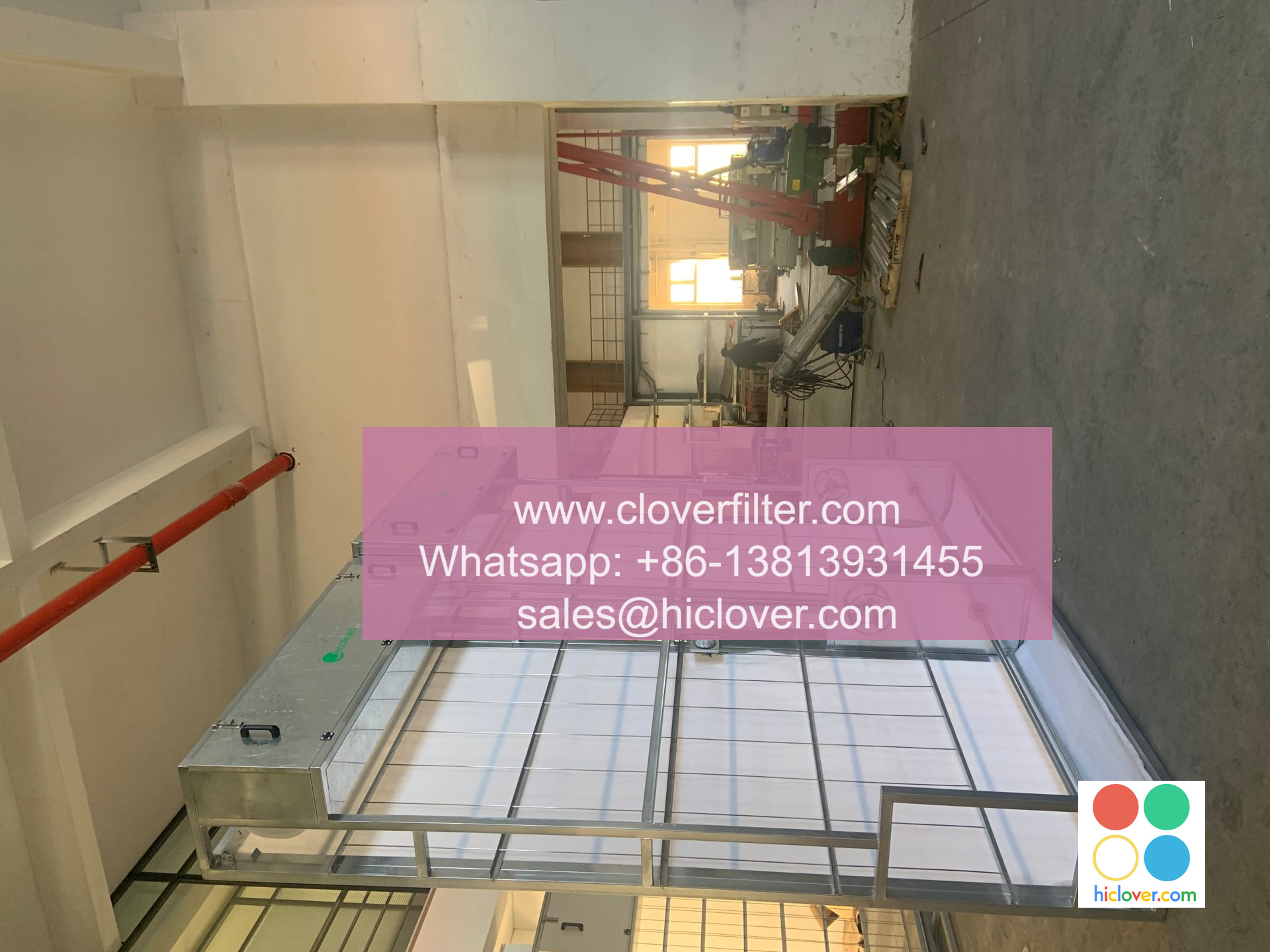The Benefits of Replacing Traditional Air Filters with High-Performance Ones

The Benefits of Replacing Traditional Air Filters with High-Performance Ones
Introduction
In today’s world, air quality is a major concern for both residential and commercial spaces. Traditional air filters may not be enough to provide the level of cleanliness and purification needed to ensure a healthy environment. High-performance air filters offer a range of benefits that can revolutionize the way we think about air filtration. In this article, we’ll explore the advantages of replacing traditional air filters with high-performance ones and highlight their applications in various areas.
Improved Air Quality
Traditional air filters can only capture a limited percentage of dust, pollen, and other airborne pollutants, leaving many harmful particles and allergens in the air. High-performance air filters, on the other hand, are designed to capture 99.97% of particles as small as 0.3 microns, including dust, pollen, smoke, and pet dander. This means that high-performance air filters can remove a significant amount of pollutants and allergens from the air, creating a cleaner and healthier environment.
Increased Energy Efficiency
High-performance air filters can also improve energy efficiency by reducing the amount of energy needed to heat or cool a building. According to the U.S. Department of Energy, a high-efficiency air filter can reduce energy consumption by up to 15%. This reduction in energy consumption can lead to significant cost savings and a lower carbon footprint.
Extended Filter Life
High-performance air filters are designed to last longer than traditional filters, with some models lasting up to 6-12 months. This can reduce the frequency of filter changes, resulting in cost savings and less waste. Additionally, high-performance air filters can also reduce the need for frequent HVAC system cleaning and maintenance, further increasing their cost-effectiveness.
Benefits in Various Applications
High-performance air filters are not limited to residential use. They can be applied in various areas, including:
Commercial Spaces
High-performance air filters can be used in commercial spaces such as offices, schools, and hospitals to create a healthier and more productive environment for employees and patients.
Indoor Agriculture
Indoor agricultural facilities, such as greenhouses and grow rooms, require high-performance air filters to control humidity and temperature, ensuring optimal growing conditions for plants.
Data Centers and Server Rooms
Data centers and server rooms require high-performance air filters to ensure uninterrupted operation and to prevent dust and debris from entering sensitive electronic equipment.
Healthcare and Medical Facilities
High-performance air filters are crucial in healthcare and medical facilities to prevent the spread of airborne pathogens and ensure a clean environment for patients and healthcare workers.
Conclusion
Replacing traditional air filters with high-performance ones can have a significant impact on air quality, energy efficiency, and overall cost savings. Whether in residential, commercial, or industrial applications, high-performance air filters can provide a cleaner, healthier, and more efficient indoor environment. By highlighting their benefits and applications, we can promote the adoption of high-performance air filters and create a better future for our indoor spaces.
I’m happy to help! What would you like to talk about or what prompt would you like me to respond to?

